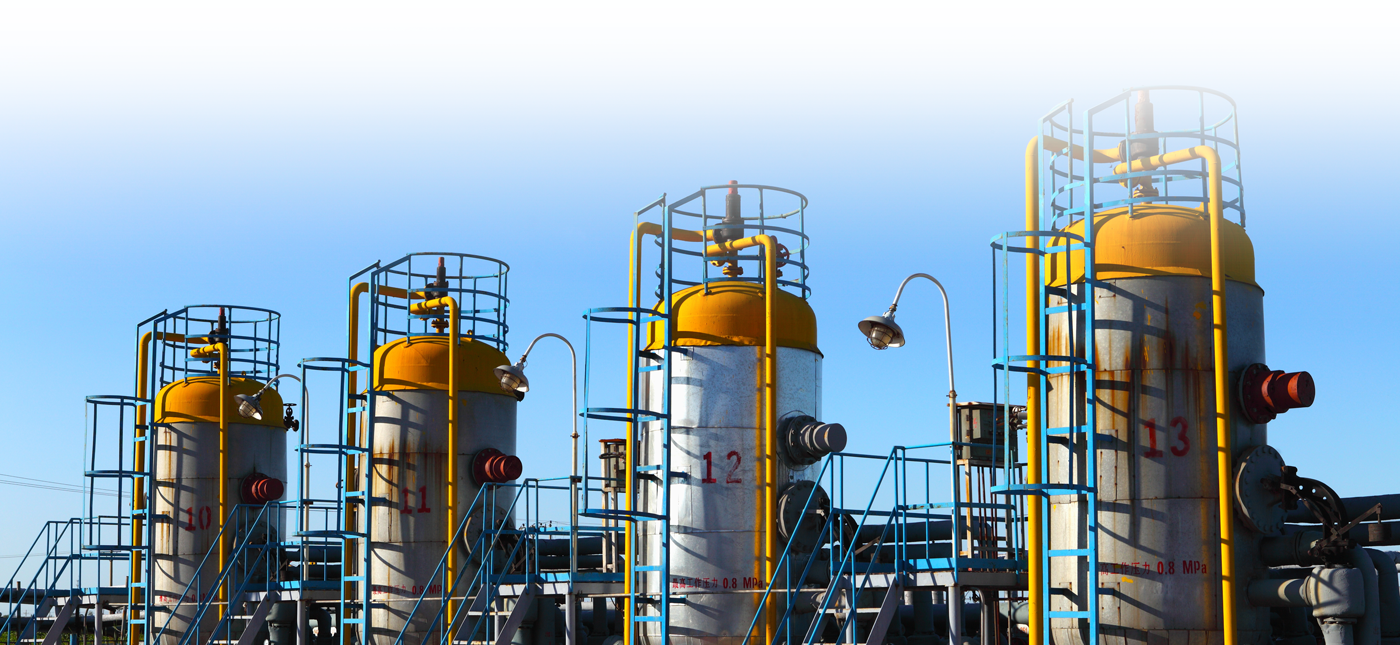EDI specializes in Pulsation Control Analysis as specified in API 618 for reciprocating compressors and in API 674 for reciprocating pumps and is a member of the API 618 and API 674 sub-task forces on vibration control. EDI’s proprietary digital acoustical simulation software has been in use since 1985 and has been utilized extensively for solving problems with existing equipment, as well as for studies to develop pulsation suppression devices in the design stage. Time domain software has been in use since 1995.
Analytical Services
Analytical Services
Various industrial standards (such as API 618 and API 674 for Reciprocating Compressors) specify analytical studies relative to dynamics and vibration control. In addition, specialized analytical studies beyond the scope of typical standards are often performed to address aspects of equipment reliability, and to determine equipment modifications to obtain solutions.
Torsional Vibration Analysis (TVA)
Torsional vibration is an oscillatory angular motion that causes twisting in shaft sections and couplings of machinery. These fluctuations are superimposed on the steady running speed. High torsional vibration can be destructive and will not usually be detected by accelerometers and proximity probes commonly used to measure lateral vibration. Severe torsional vibration can occur with the only indication of a problem being gear or coupling noise, or a failed shaft or coupling. EDI can perform a torsional vibration analysis, often referred to as a TVA, to evaluate and prevent torsional vibration problems in all types of rotating and reciprocating machinery.
Rotordynamics Analysis
Dynamics of rotating shafting generally refers to lateral (radial) and torsional (angular) vibration of the rotor components. Lateral vibration may be due to unbalance, instability, or other external forces acting on the rotor. Potential vibration and reliability problems with rotating equipment can be prevented by performing lateral critical speed and stability analyses of the rotor.
Structural Analysis Using Finite Element Analysis (FEA)
Detailed three-dimensional (3-D) finite element models are often used to evaluate mechanical natural frequencies and/or static stress of structures, vessels, skids, etc. EDI is equipped with cutting edge CAD and FEA software (Inventor and ANSYS) and has the experience to create and analyze sophisticated finite element models. With today’s technology, detailed 3-D FEA models are practical, and have more accuracy over traditional analysis methods.
Thermal Stress Studies
Thermal stress studies, normally in accordance with ASME Codes, are required for the design of many piping systems in order to assure that the piping can withstand sustained weight loads and thermal growth effects. This type of analysis is often performed for compressor systems in conjunction with API 618 acoustic design studies. Concurrent design of piping and supports considering both thermal flexibility and dynamic characteristics is important.
Silencers for Screw Compressors
Screw compressors can generate significant pulsation at multiples of vane pass frequency. Since this pulsation occurs at relatively high frequencies, shell wall and piping natural frequencies can be excited. EDI designs silencers for screw compressors using our pulsation simulation software. Designs are developed to minimize the effects of cross-wall resonances, while obtaining acoustic filtering.
